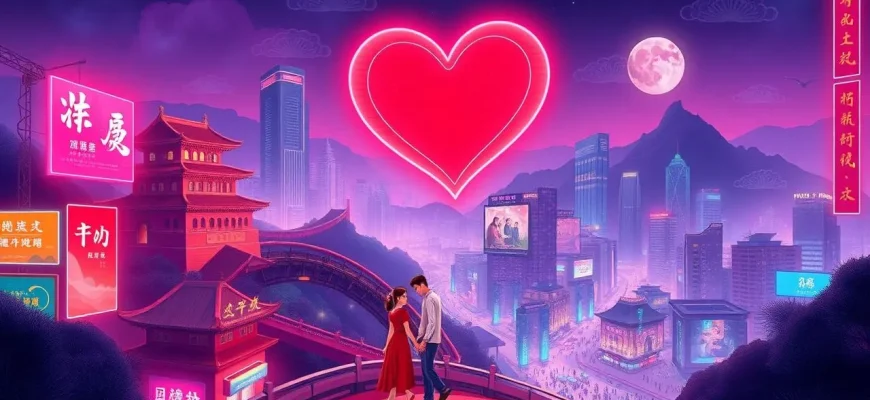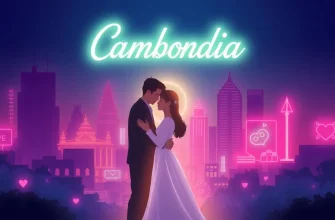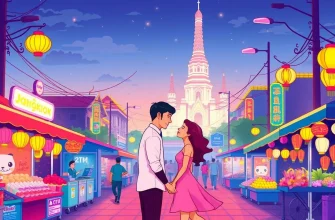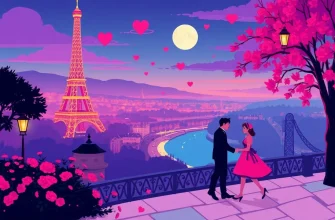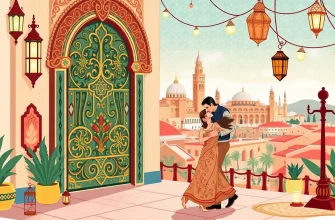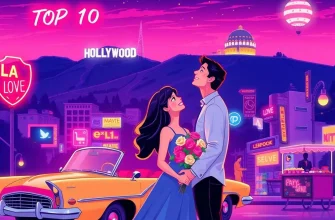This curated list of Chinese romance films offers a unique glimpse into the emotional depth and cultural nuances of love stories from China. These films not only entertain but also provide insight into the complexities of relationships, societal expectations, and the beauty of human connections in a Chinese context, making them a valuable watch for anyone interested in both romance and cultural exploration.
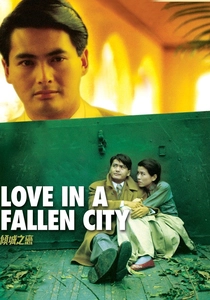
Love in a Fallen City (1984)
Description: Adapted from Eileen Chang's novel, this film explores the complex relationship between a wealthy man and a woman seeking escape from her past, set against the backdrop of World War II.
Fact: The film's title refers to the fall of Hong Kong to the Japanese, symbolizing the characters' personal turmoil.
 Watch Now
Watch Now
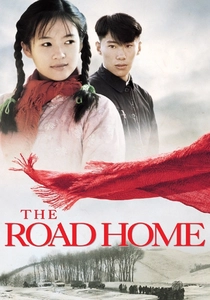
The Road Home (1999)
Description: This film tells the story of a young woman's unwavering love for a teacher in a rural Chinese village, showcasing the purity and simplicity of love against the backdrop of traditional China.
Fact: Zhang Yimou, the director, is known for his visually stunning films, and this one is no exception, with its beautiful cinematography capturing the essence of rural China.
 Watch Now
Watch Now
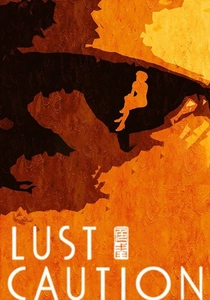
Lust, Caution (2007)
Description: This film intertwines espionage with a dangerous love affair during the Japanese occupation of Shanghai, showcasing the risks and sacrifices of love in wartime.
Fact: The film was controversial due to its explicit content, leading to censorship in some countries.
 Watch Now
Watch Now
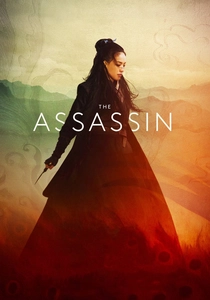
The Assassin (2015)
Description: While primarily a martial arts film, it features a poignant love story set in 9th-century China, where duty and love conflict in a visually stunning narrative.
Fact: Directed by Hou Hsiao-Hsien, the film won the Best Director award at the Cannes Film Festival.
 Watch Now
Watch Now
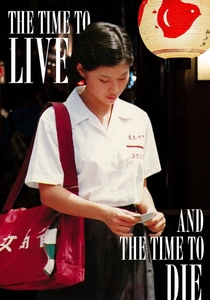
A Time to Live, A Time to Die (1985)
Description: Though not strictly a romance, this autobiographical film by Hou Hsiao-Hsien includes elements of love and loss, set against the backdrop of Taiwan's post-war years.
Fact: The film is part of Hou's "Coming of Age" trilogy, focusing on personal and cultural identity.
 30 Days Free
30 Days Free
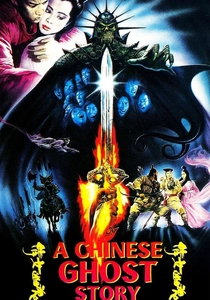
A Chinese Ghost Story (1987)
Description: A blend of romance, fantasy, and horror, this film follows a tax collector who falls in love with a ghost, offering a unique take on Chinese folklore and romantic storytelling.
Fact: The film was a major influence on Hong Kong cinema and has inspired numerous remakes and adaptations.
 30 Days Free
30 Days Free
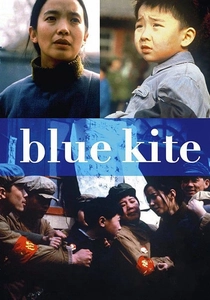
The Blue Kite (1993)
Description: This poignant film tells the story of a young boy growing up during the Cultural Revolution, with a subplot of his parents' love story, reflecting the impact of political upheaval on personal lives.
Fact: The film was banned in China for its critical portrayal of the Cultural Revolution.
 30 Days Free
30 Days Free
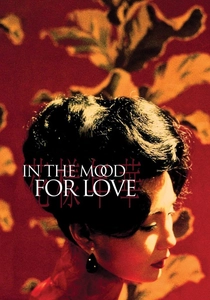
In the Mood for Love (2000)
Description: Set in 1960s Hong Kong, this film explores the unspoken love between two neighbors whose spouses are having an affair, capturing the essence of longing and restraint.
Fact: The film's iconic cheongsam dresses worn by Maggie Cheung have become a symbol of its aesthetic beauty.
 30 Days Free
30 Days Free
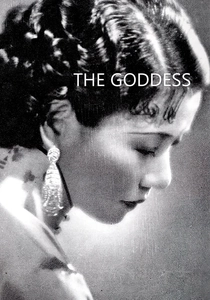
The Goddess (1934)
Description: This silent film tells the story of a woman who turns to prostitution to support her son, highlighting themes of maternal love and societal judgment in early 20th-century China.
Fact: Ruan Lingyu, the lead actress, was a major star of Chinese cinema, and her tragic life story adds depth to the film's narrative.
 30 Days Free
30 Days Free

The Love of the Hawthorn Tree (2010)
Description: Based on a popular novel, this film depicts the innocent love between two young people during the Cultural Revolution, highlighting the purity of first love amidst political turmoil.
Fact: The film was a commercial success in China, resonating with audiences due to its nostalgic portrayal of youth and love.
 30 Days Free
30 Days Free

